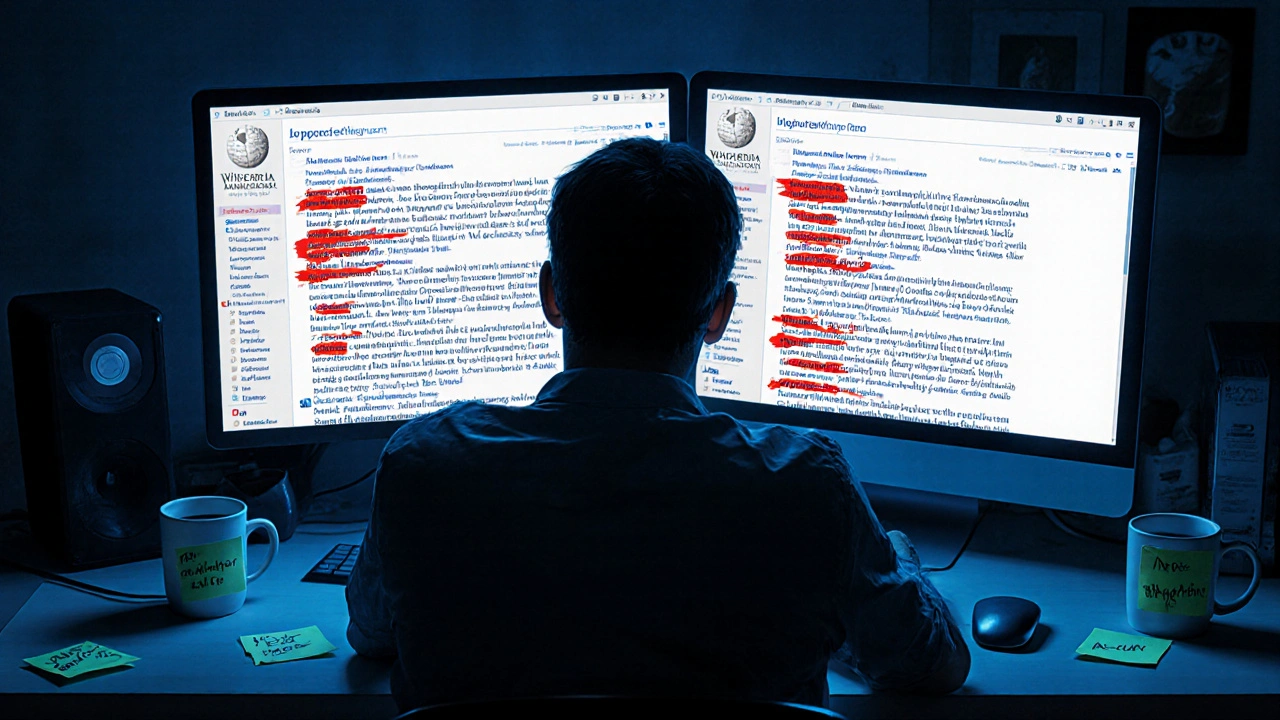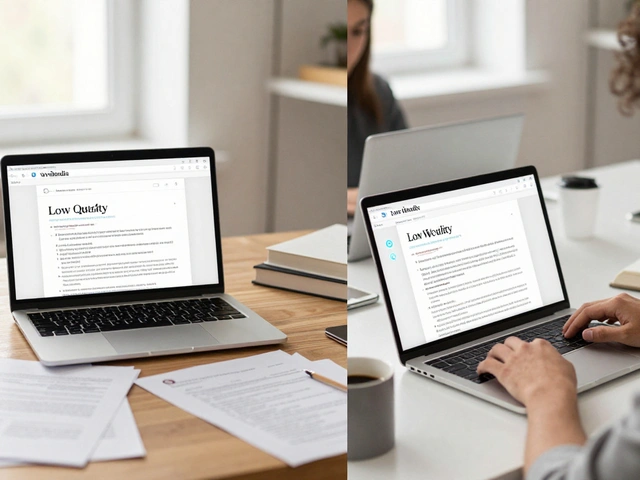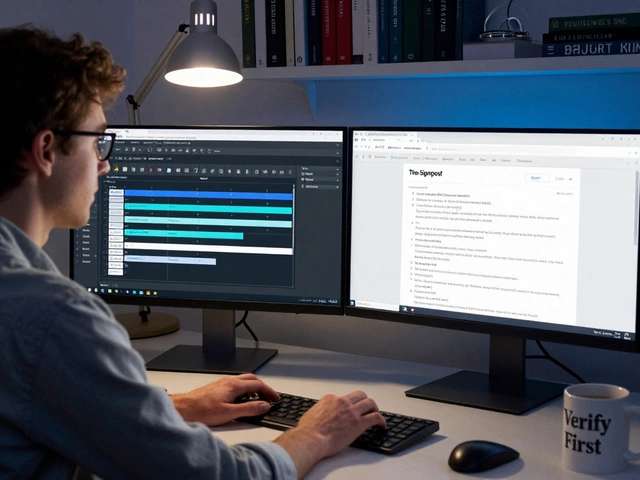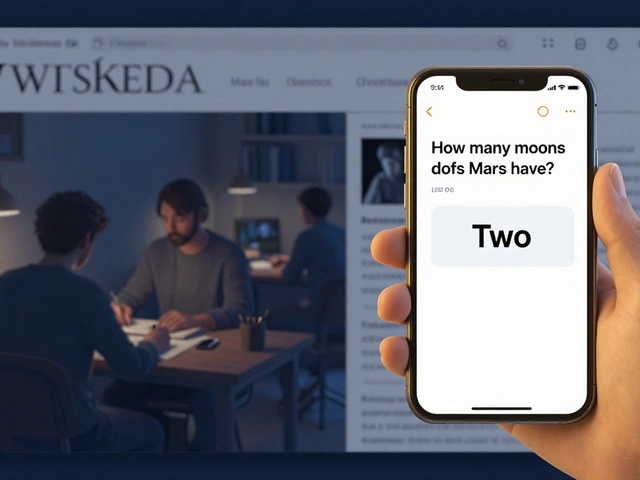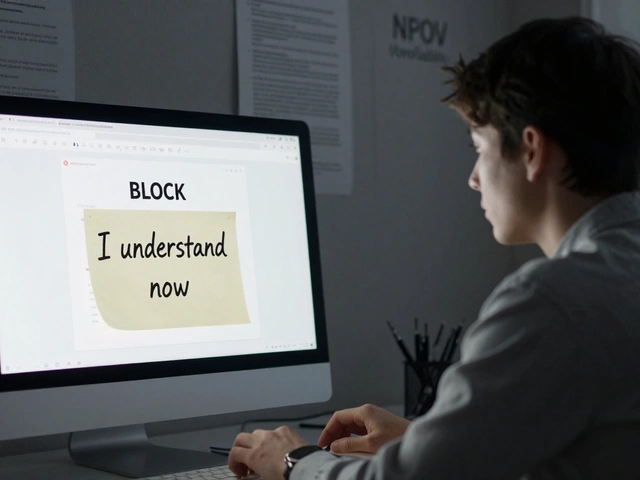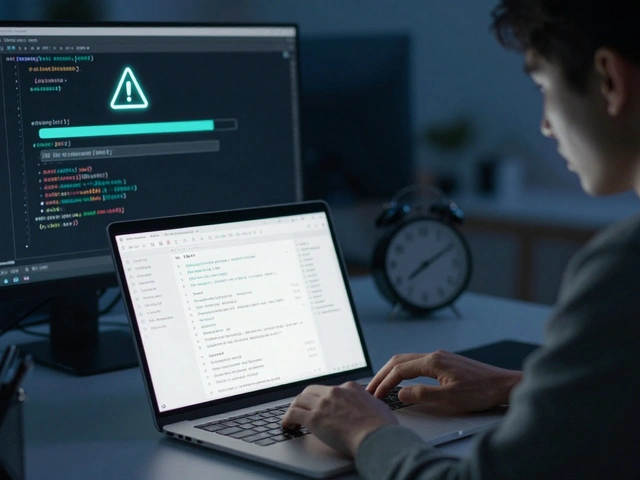Sockpuppet Investigations on Wikipedia: How Fake Accounts Undermine Trust
When someone pretends to be multiple people to sway a debate, push a biased edit, or silence critics on Wikipedia, they’re running a sockpuppet, a fake account created to deceive the community into thinking multiple people support a single agenda. Also known as alt accounts, these hidden identities are one of the most serious violations of Wikipedia’s core rule: edit with integrity. Sockpuppet investigations aren’t just about catching cheaters—they’re about protecting the idea that Wikipedia’s content should be shaped by honest, open discussion, not secret coordination.
These investigations often start when editors notice odd patterns: the same writing style popping up under different usernames, accounts that only edit one controversial topic, or users who suddenly appear to defend each other in heated debates. The Arbitration Committee, Wikipedia’s highest dispute-resolution body, responsible for handling serious policy violations and abuse cases steps in when evidence mounts. They work with volunteers who use tools like CheckUser, a privileged tool that reveals IP addresses and other technical data to detect if accounts are linked to trace connections. It’s not about privacy—it’s about fairness. If one person is controlling ten accounts to win an edit war over a politician’s biography or a corporate page, that’s not collaboration. It’s manipulation.
Sockpuppet cases often tie into bigger fights: paid editing, political bias, or corporate PR campaigns. You’ll find sockpuppets in disputes about climate change, religious figures, or national history—topics where someone has a strong interest in controlling the narrative. The community doesn’t just ban the accounts; they document the whole trail. That’s why sockpuppet investigations are some of the most detailed, public records on Wikipedia. They show how the platform polices itself without outside oversight.
What makes this different from simple vandalism? Vandalism is random chaos. Sockpuppetry is targeted, patient, and often years in the making. It’s why Wikipedia’s volunteer investigators spend months piecing together fragments of edits, comment patterns, and timing to build a case. And when they succeed, they don’t just remove a bad actor—they restore trust in the system.
Below, you’ll find real cases and analyses that show how these investigations unfold, who gets caught, and what happens when the system works—or fails. These aren’t abstract rules. They’re the quiet, stubborn defense of truth in a world full of hidden agendas.
Sockpuppetry on Wikipedia: How Fake Accounts Undermine Trust and What Happens When They're Caught
Sockpuppetry on Wikipedia involves fake accounts manipulating content to push agendas. Learn how investigations uncover these hidden users, the damage they cause, and why this threatens the platform's credibility.
